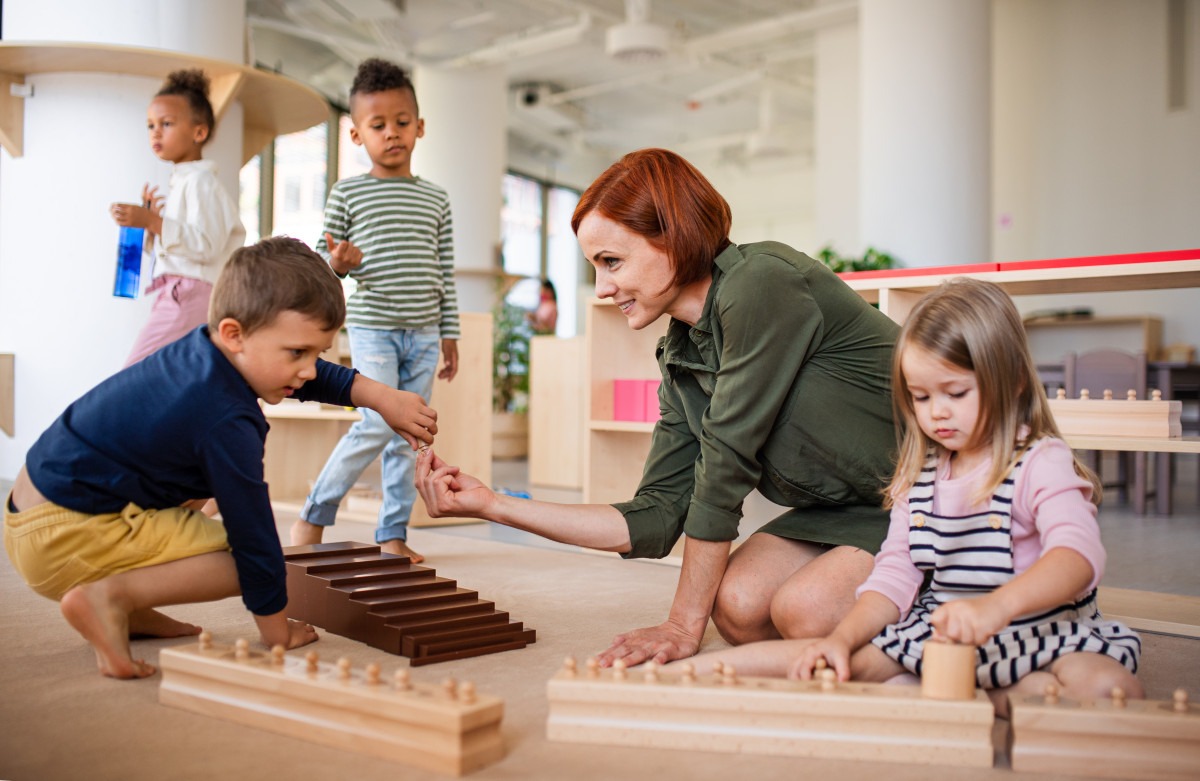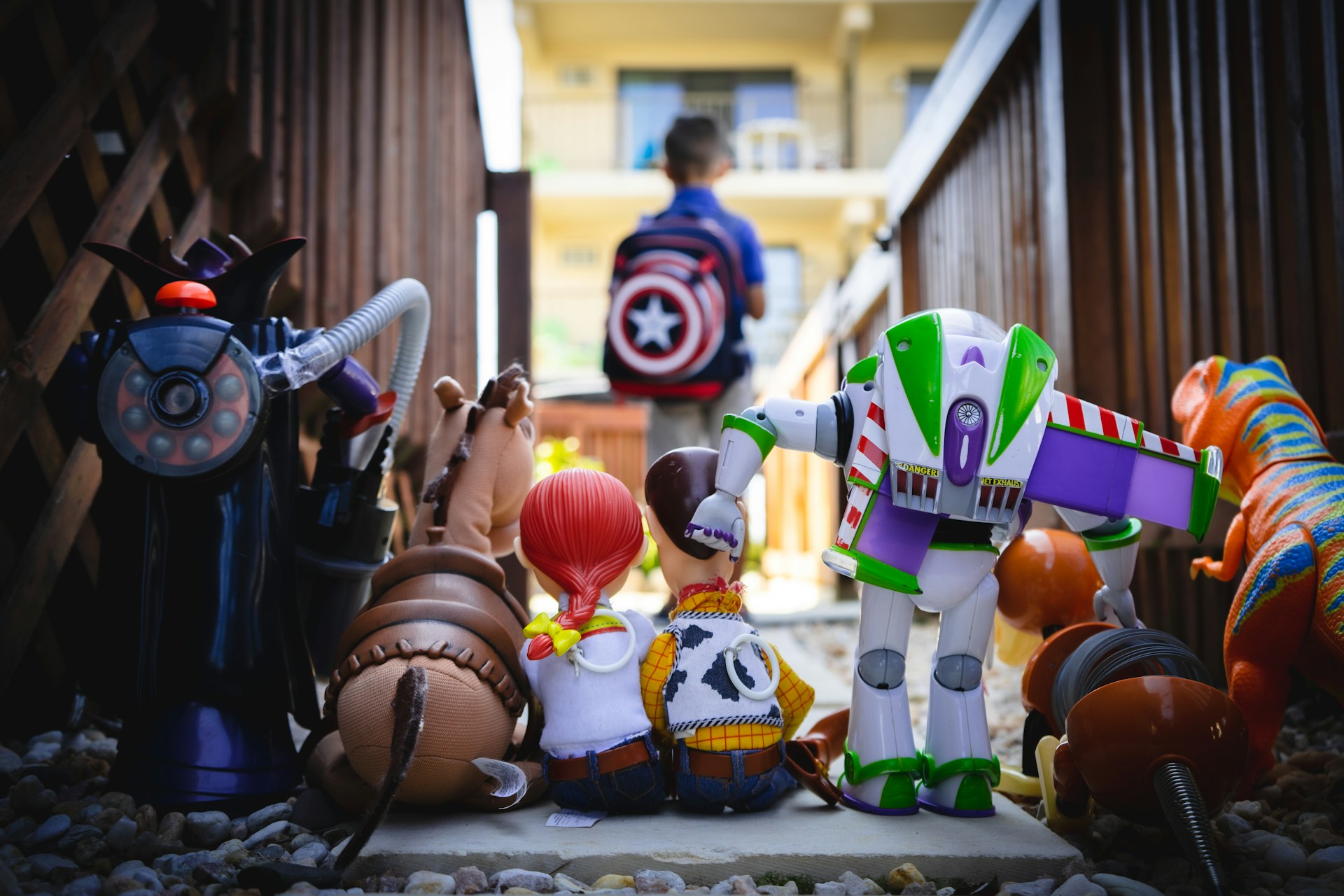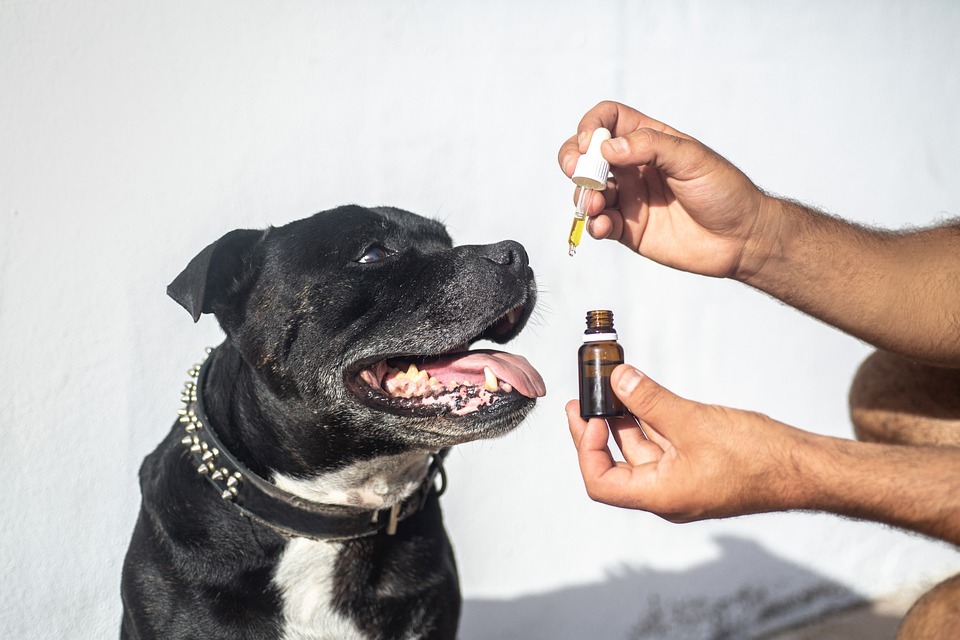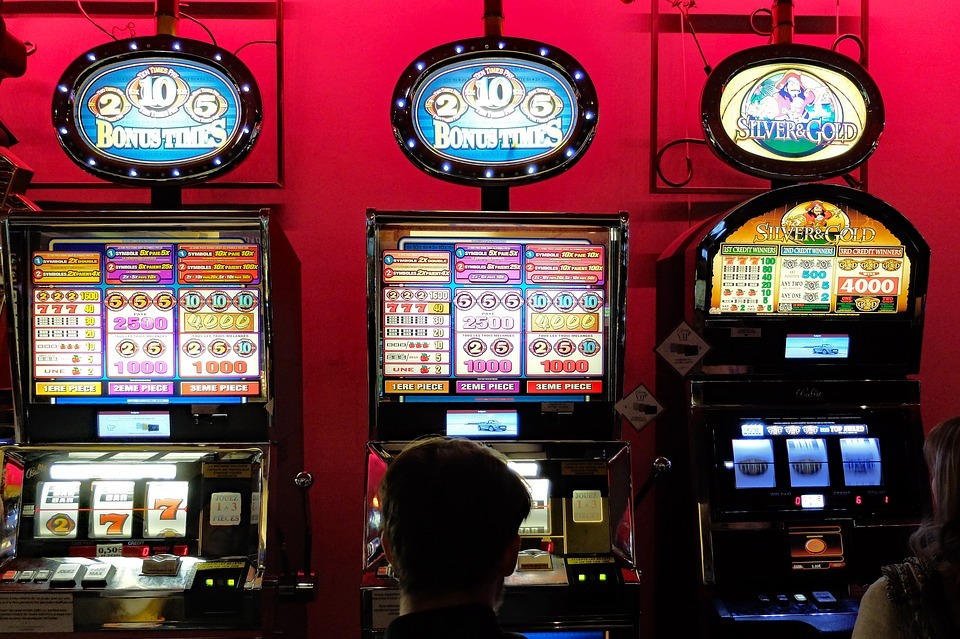When Is the Right Age to Start Montessori Schooling?

Montessori education, developed by Dr. Maria Montessori in the early 1900s, has gained worldwide recognition for its child-centered approach. But one question still lingers in many parents' minds: When should a child start Montessori school? While there's no one-size-fits-all answer, understanding how Montessori works, and how children develop, an help you make the right choice for your child.
Montessori from Birth? Yes, It's Possible
Montessori isn't just for preschoolers. Many Montessori schools offer programs starting from birth to age three, often referred to as "nido" (Italian for "nest"). These environments focus on nurturing trust, movement, and early independence in infants. While not all families enroll children this early, the philosophy encourages respectful care and autonomy from day one, even at home.
The Golden Starting Point: Age 3
The most common and recommended entry point into Montessori schooling is around age 3. This marks the beginning of the primary classroom, a mixed-age environment for children aged 3 to 6. At this age, children enter a critical period of brain development. They're curious, eager to imitate, and naturally inclined toward order and routine.
By starting at age 3, children benefit from the full three-year cycle. They grow from wide-eyed observers into confident leaders by the time they're 6. Skipping the early years often means missing the foundation that Montessori builds slowly and purposefully.
Why Earlier Is Often Better
Montessori environments are specifically prepared to match a child's developmental stage. When children begin early, they adapt quickly to self-directed learning, hands-on materials, and social collaboration. The earlier a child starts, the more naturally they absorb key habits like concentration, independence, and intrinsic motivation.
Children who enter a montessori school in Paris at age 5, for example, might struggle at first with the open-ended structure and the high level of independence expected. Starting earlier helps them build these skills gradually, without pressure.
What If My Child Is Older?
It's never too late to benefit from Montessori. Older children can still thrive in these settings, especially if the school offers a supportive transition process. However, it's important to recognize that the earlier years are foundational. The materials, routines, and peer dynamics work best when children grow with them over time.
If you're considering a later entry, speak directly with the school. They'll assess whether the environment fits your child's temperament, learning style, and readiness for self-guided exploration.
Final Thoughts: Follow the Child
Dr. Montessori famously said, "Follow the child." That principle still applies. Look at your child's temperament, interests, and readiness for independence. Some children show signs of Montessori readiness at 2.5 years, like putting away toys, dressing themselves, or focusing deeply on tasks. Others might need more time.
Ultimately, the best age to start Montessori schooling is the age when your child is ready to explore, choose, and grow with joy. That age, more often than not, is three. But as every Montessori guide knows, development is individual. Watch closely, trust your instincts, and let your child lead the way.



